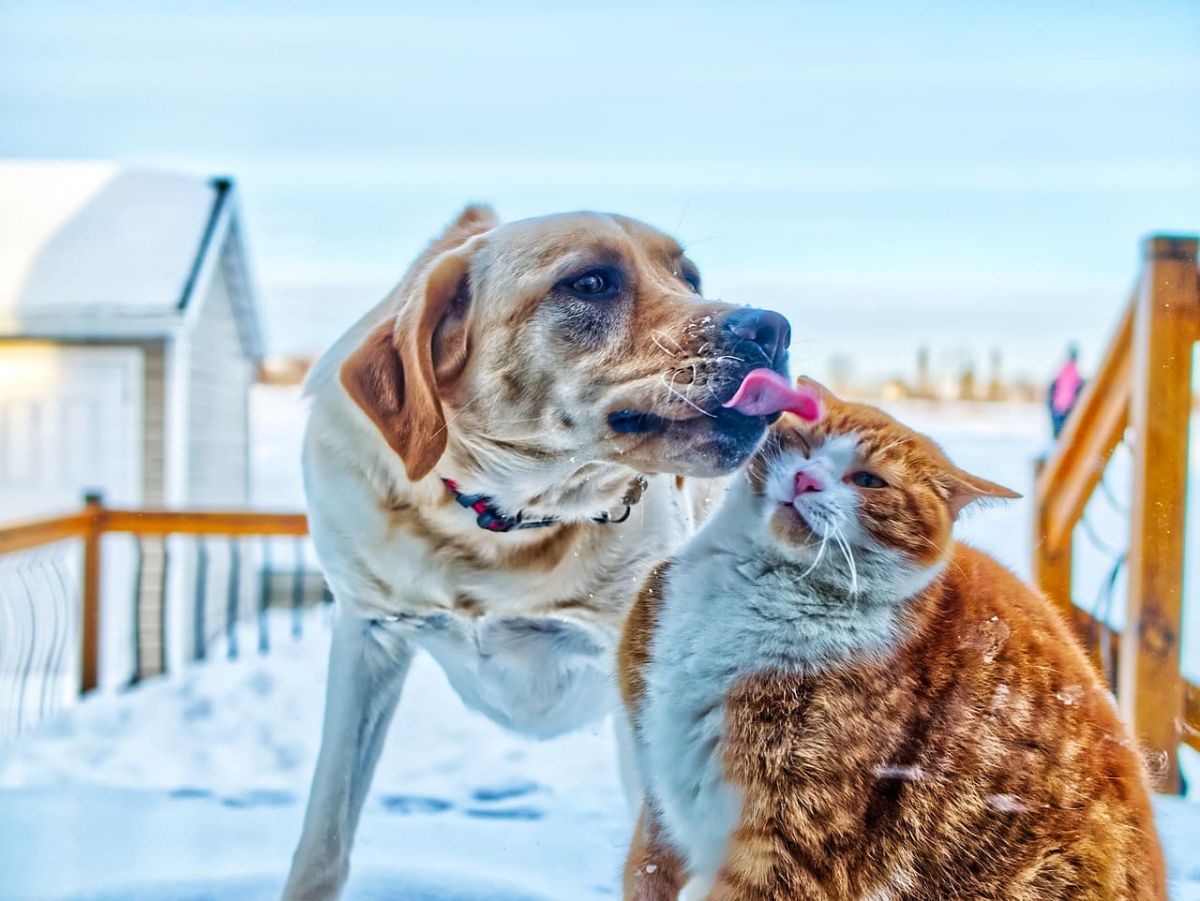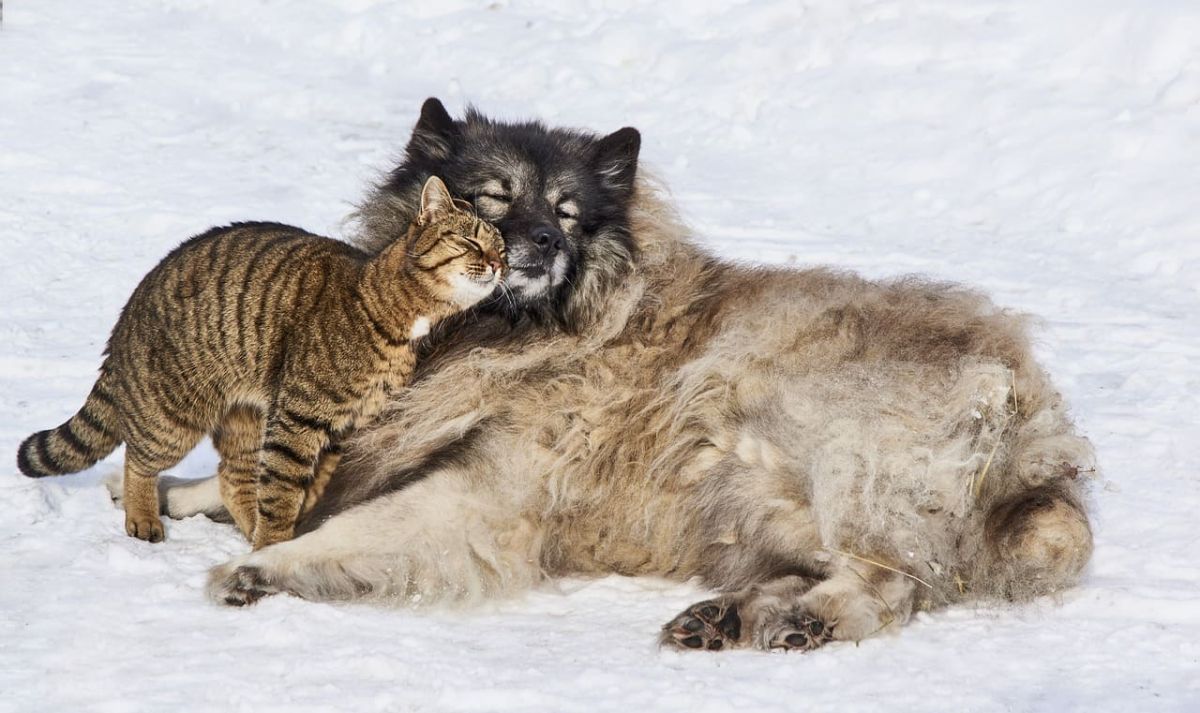7 Foods That Are Absolutely Strictly Forbidden for Dogs and Why
 July 28, 2023
July 28, 2023
Despite their colorful diet preferences, dogs have delicate dietary needs that can be easily jeopardized by certain foods. Dogs, like humans, require specific nutrients for their health and well-being. However, not all foods that are acceptable and nutritious for humans are equally beneficial or safe for dogs. In fact, some foods that people eat without adverse effects can cause significant harm to the dog’s health. This is where we are coming in handy to highlight seven foods that are absolutely inedible for dogs and delve into why they are harmful.
1. Chocolate
Chocolate, particularly dark and unsweetened varieties, contains a compound called theobromine that is toxic to dogs. Dogs lack the enzymes necessary to metabolize theobromine, causing it to build up in their system. Consumption of chocolate can lead to symptoms such as increased heart rate, vomiting, diarrhea, seizures, and, in severe cases, even death. It is essential to keep all forms of chocolate, including cocoa powder and chocolate-based products, out of a dog’s reach.
2. Grapes and Raisins
Grapes and raisins are known to cause kidney failure in dogs. The exact substance responsible for this toxicity remains unknown, but even small quantities can be dangerous. Consumption can lead to symptoms such as vomiting, diarrhea, loss of appetite, abdominal pain, and increased thirst. Some dogs may even experience acute kidney failure, which can be fatal. It is crucial to be vigilant and ensure that grapes and raisins are not accessible to dogs.
3. Onions and Garlic
Onions and garlic, whether raw, cooked, or powdered, contain compounds that can cause severe damage to a dog’s red blood cells. These compounds can lead to a condition known as hemolytic anemia, which is characterized by weakness, lethargy, pale gums, and even collapse. The toxic effects can be cumulative, so even small amounts of onion or garlic, when consumed regularly, can be harmful. It is crucial to avoid feeding dogs any food that contains onions or garlic.
4. Xylitol
Xylitol is a sugar substitute commonly found in sugar-free gum, candy, baked goods, and certain peanut butter brands. While harmless to humans, xylitol is highly toxic to dogs. It can cause a sudden release of insulin, leading to low blood sugar levels, known as hypoglycemia. Symptoms include vomiting, loss of coordination, seizures, and even liver failure. It is vital to read product labels carefully and ensure that dogs do not consume any foods containing xylitol.

5. Avocado
Avocado contain a substance called persin, which is toxic to dogs in large amounts. While the flesh of an avocado is generally safe for dogs, the pit, skin, and leaves are particularly toxic. Consumption of these parts can lead to symptoms such as vomiting, diarrhea, difficulty breathing, and fluid accumulation around the heart. Additionally, the pit poses a choking hazard and can cause intestinal blockages. It is best to keep avocados away from dogs entirely.
6. Alcohol
Alcohol has a more significant impact on dogs than it does on humans. Even small amounts can cause intoxication, leading to symptoms such as disorientation, lack of coordination, vomiting, diarrhea, and even respiratory distress. In severe cases, alcohol consumption can cause coma or death. It is crucial to ensure that dogs never have access to alcoholic beverages, including beer, wine, and liquor.
7. Macadamia Nuts
Macadamia nuts contain a toxin that affects dogs specifically. Consumption can lead to symptoms such as weakness, tremors, vomiting, increased body temperature, and an inability to walk properly. While the exact mechanism of toxicity remains unclear, it is best to avoid feeding dogs macadamia nuts or any products that contain them. Prompt veterinary care is essential if a dog ingests macadamia nuts.

An Authoritative Glimpse into the World’s Top Ten Most Popular Categories of Pets


Why Do Cats Squirm Before Pouncing


True Heartwarming Stories: The Unbreakable Bond Between Animals and Humans


Pets’ Interesting News and Anecdotes


Owning a Pet May Help Maintain Mental Health When We’re Over 65


Pet IQ Test: Explore Your Pet's Intelligence and Potential


Pet Insurance: A Must for Comprehensive Pet Protection


Instruction to PetSmart


How to Train a Golden Retriever


How to Run a Successful Pet Boarding Service


How Can I Find a Veterinarian Near Me


Is the Ragdoll Cat Easy to Raise


What Do Maine Coon Cats Like to Eat


Chinese Crested Dog Wins Champion Title at 2023 Ugliest Dog Contest in California


Some New Laws About Pets


Why Do Cats Like to Sit in Squares So Much?















